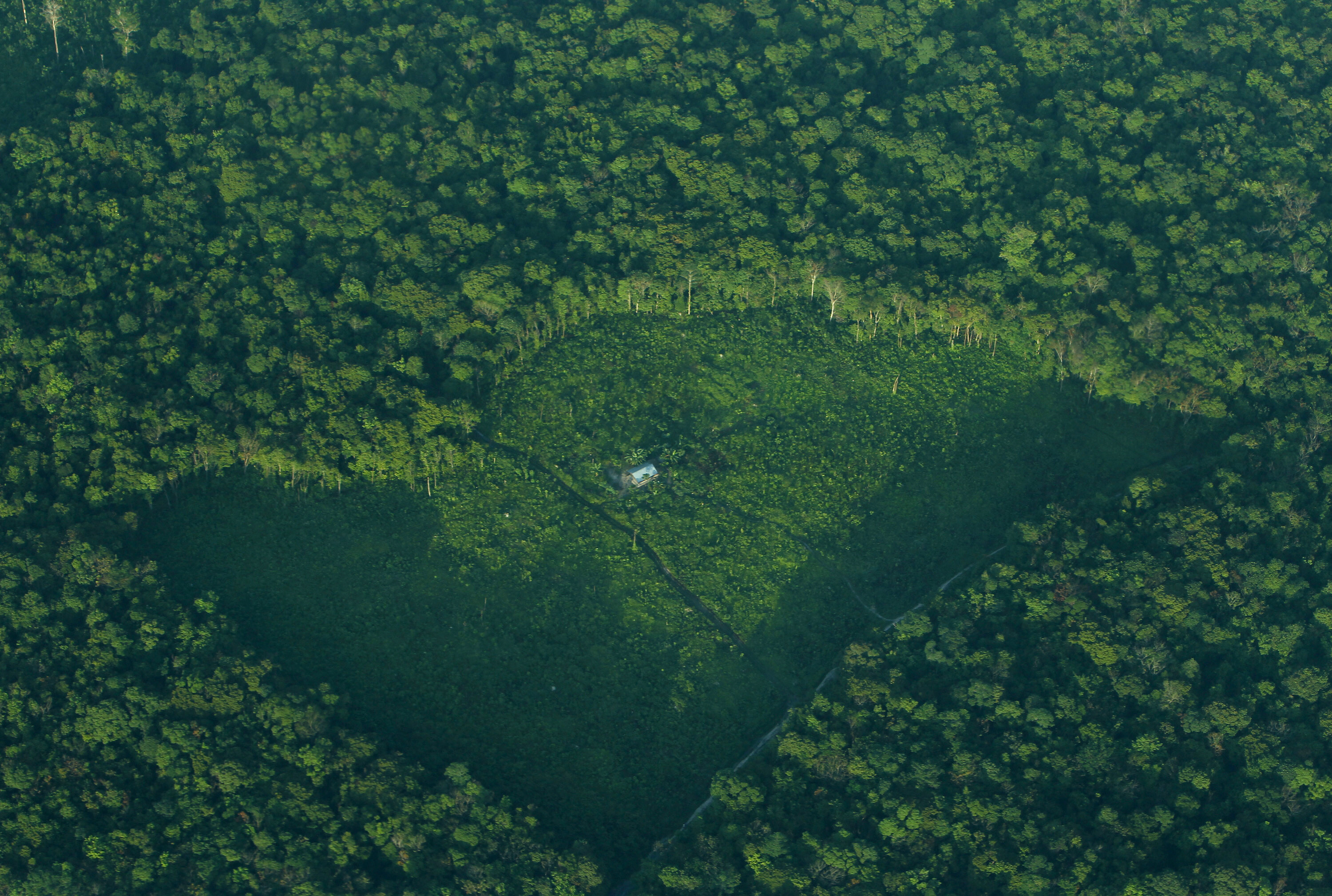What do we mean by 'governance'?

Global, financial, corporate ... why are there so many types of governance, and what do they mean? Image: REUTERS/Kacper Pempel
Global governance, good governance, failing governance: like so many buzzwords in the field of international development, the word has come to mean different things to different groups.
So what is it? In its purest form it describes the structures and decision-making processes that allow a state, organization or group of people to conduct affairs. The most obvious among these is the government running your country, as well as the administrations and groups that ensure its safety and efficiency.
But it’s not just governments that govern: institutions such as the IMF, World Bank and United Nations, for instance, have an authority that is recognized the world over. These bodies take a multilateral approach to world affairs, bringing together leaders of public and private sectors, as well as members of wider society, to achieve commonly accepted goals and tackle threats to international security.
The business sector is another piece of the puzzle, mostly concerned with how companies regulate themselves and contribute to the regulation of global frameworks. The latter concern is growing in significance. “In today’s boardrooms, there is a tremendous sense of uncertainty about geopolitics,” says Jim Hagemann Snabe at the World Economic Forum. But encouragingly, when the private sector regulates itself well (i.e. is efficient and accountable) businesses are better able to make the decisions needed to tackle wider global challenges, such as boosting employment or promoting sustainable development.

Source: Australian National Audit Office
Why are there so many types of governance?
“Governance is a big word that includes human rights, freedom of speech, economic transactions on a worldwide basis,” the American internet pioneer Vint Cerf once said. Whether it applies to the internet, financial markets or environment, governance is a central concept for most areas and levels of human activity, from geopolitics to organizations to individual citizens.
In the context of the World Economic Forum, the word governance is usually applied to laws and standards that pertain to the global community, and the ways in which transnational bodies, governments and corporations implement them.
How did global governance come about?
As the Second World War drew to a close, 44 allied nations – including the United States, United Kingdom and France – gathered to set up the world-leading institutions that have presided over the economic and political landscape for the past few decades. Chief among these are the World Bank, IMF and the General Agreement on Tariffs and Trade, whose multilateral style of governance (in which the world’s most powerful countries engage and negotiate with other interested nations) has been the defining authoritative model of our age. This could be about to change, however.
Why is global governance failing?
From the financial crisis in 2008 to the deadly conflict in Syria and Europe’s refugee crisis, the power of governments and global institutions to ease geopolitical tensions and safeguard world security is weakening. Global regimes are experiencing an erosion of authority in the face of intensifying threats. Chief among these, according to the World Economic Forum’s Global Risk Report 2016, are climate change, energy, water scarcity, migration and weapons of mass destruction.
What can we expect next?
The challenge now for governments, international institutions and informal organizations is to address the many changes taking place in the geopolitical landscape. They need to understand them fast, and they need to begin formulating an effective response. The priority here is climate change, which according to the Global Risk 2016 report is expected to strain international security significantly over the next 15 years, increasing competition for resources such as water and land.
Have you read?
The economic threat of weak global governance
Why aren't business leaders getting the governance message?
3 ways to reclaim legitimacy in global governance
.
Don't miss any update on this topic
Create a free account and access your personalized content collection with our latest publications and analyses.
License and Republishing
World Economic Forum articles may be republished in accordance with the Creative Commons Attribution-NonCommercial-NoDerivatives 4.0 International Public License, and in accordance with our Terms of Use.
The views expressed in this article are those of the author alone and not the World Economic Forum.
Stay up to date:
Sustainability Reporting
Related topics:
Forum Stories newsletter
Bringing you weekly curated insights and analysis on the global issues that matter.
More on Global CooperationSee all
Sebastian Buckup and Maximilian Martin
November 13, 2025






